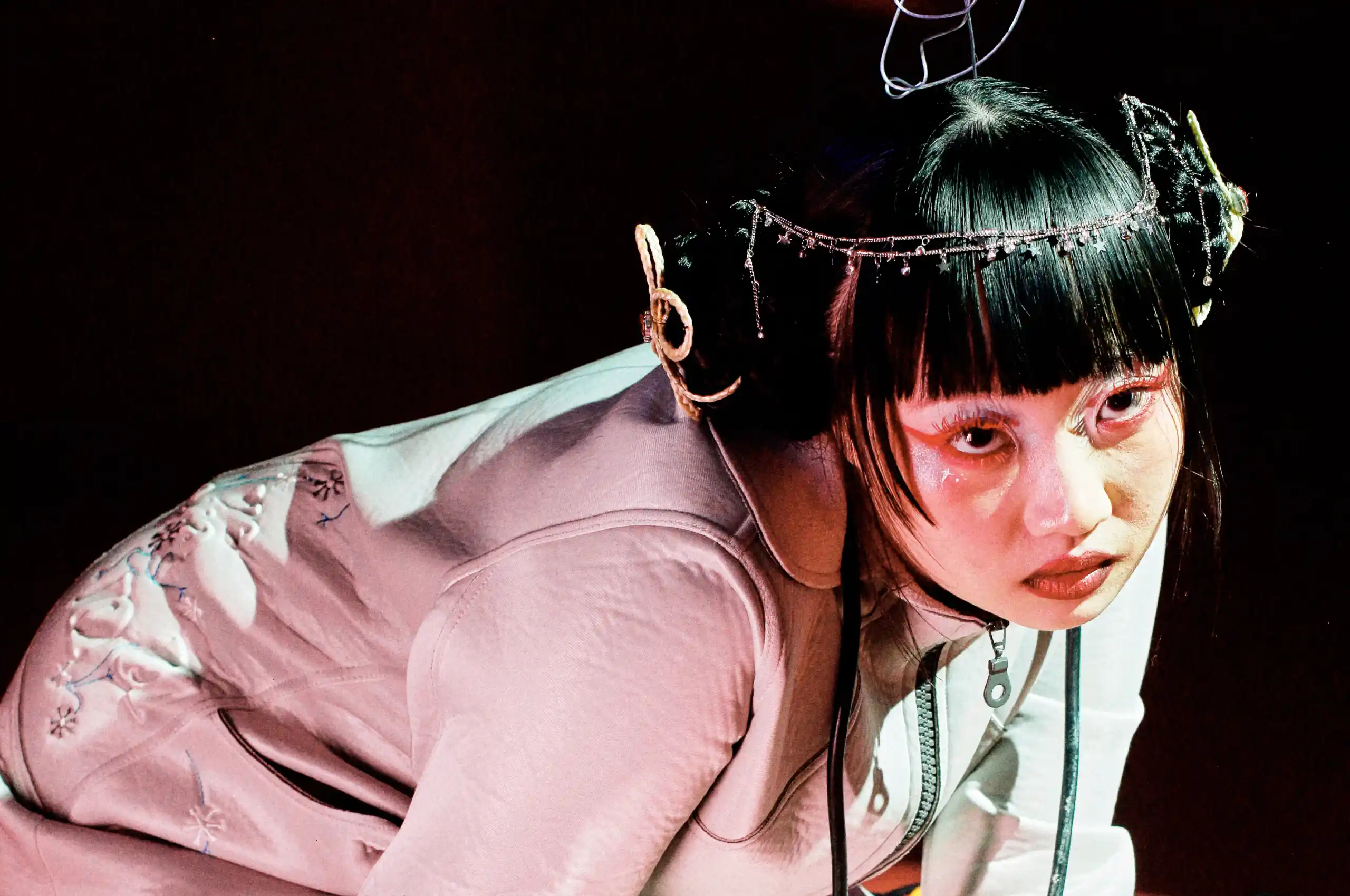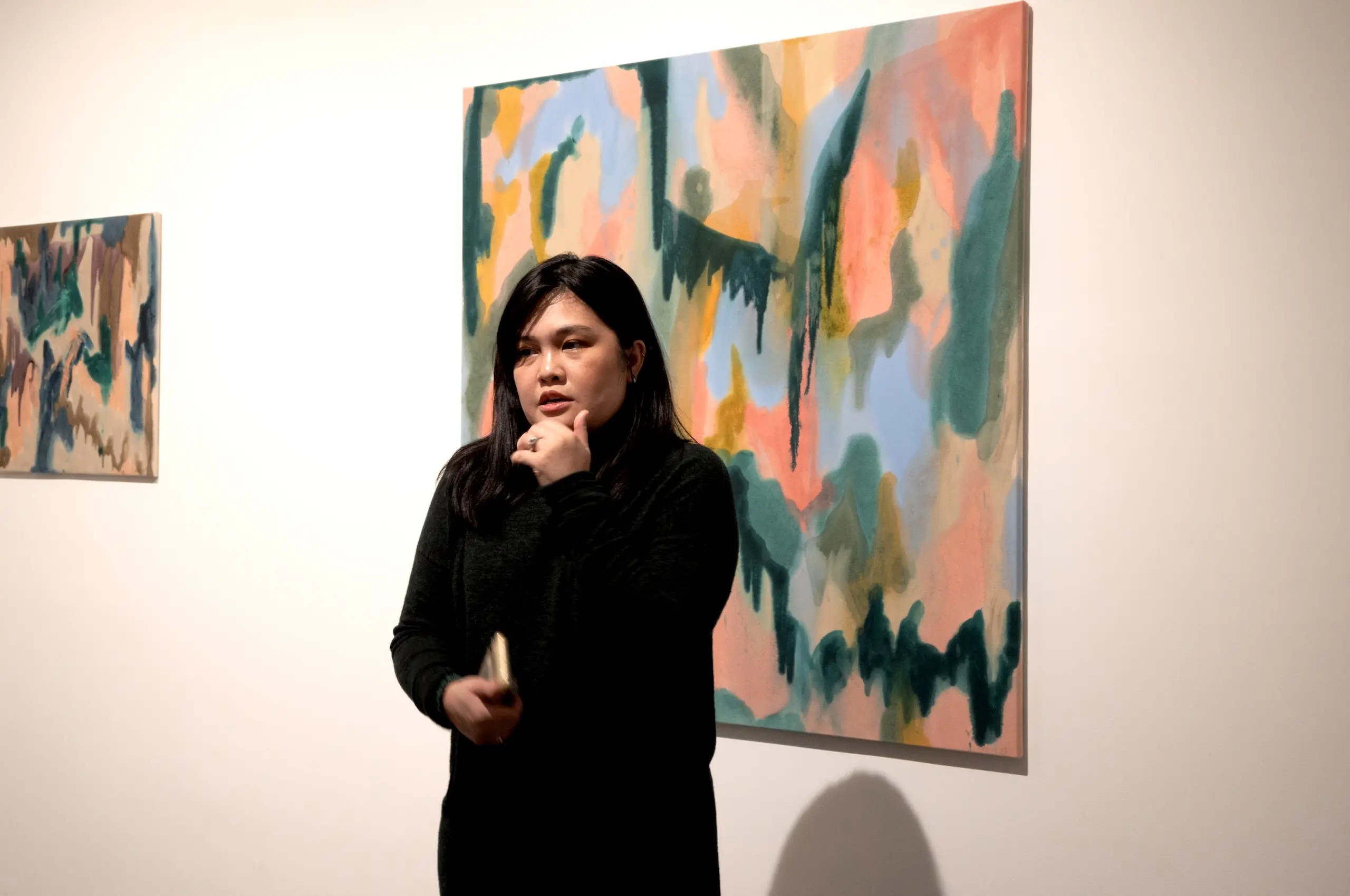Filipino-American rapper Ruby Ibarra has won the 2025 NPR Tiny Desk Contest. Her performance of “Bakunawa” was chosen from a pool of 7,500 submissions and earned her a spot at the Tiny Desk stage at NPR’s Washington, D.C., headquarters. She and her band will also join a national summer tour with other past Tiny Desk performers and emerging artists.
Ibarra moved to the United States from Tacloban City in the Philippines when she was five. Her family settled in the Bay Area, where she first experienced the cultural divide between the world she came from and the one she would have to adapt to; the feeling of awe crossing the Golden Gate Bridge and the confusion of learning a new language and navigating unfamiliar customs. These early memories would eventually shape the voice and perspective that define her music.
She began recording her own tracks in high school using a simple mic and a home computer. While studying at the University of California, Davis, she performed at open mic nights and joined a spoken-word collective called SickSpits. It was during this time that she started weaving Filipino into her lyrics, an approach that would continue on her 2012 mixtape and take center stage on her 2017 debut album Circa91.
Over the years, Ibarra has stayed active both in music and advocacy. Her work often reflects on identity, migration, and the Filipino-American experience. “Bakunawa,” the track that won her the contest, continues in that direction. Named after a mythical creature from Filipino folklore believed to devour the moon, the song ties mythology to modern resistance. The lyrics address state violence, anti-Asian hate, and institutional abuse, but also speak to the strength of community and cultural memory.
Musically, “Bakunawa” blends live instrumentation with sharp, layered rhymes. Ibarra shifts between English, Tagalog, and Bisaya, letting each language bring out a different tone and rhythm. The song doesn’t lean on spectacle. It holds its ground with purpose and clarity.
With this win, Ibarra’s voice and message will reach a wider audience. The upcoming tour will put her in front of new listeners, but she’s not new to telling stories that matter. This next chapter isn’t a breakthrough. It’s a continuation.







